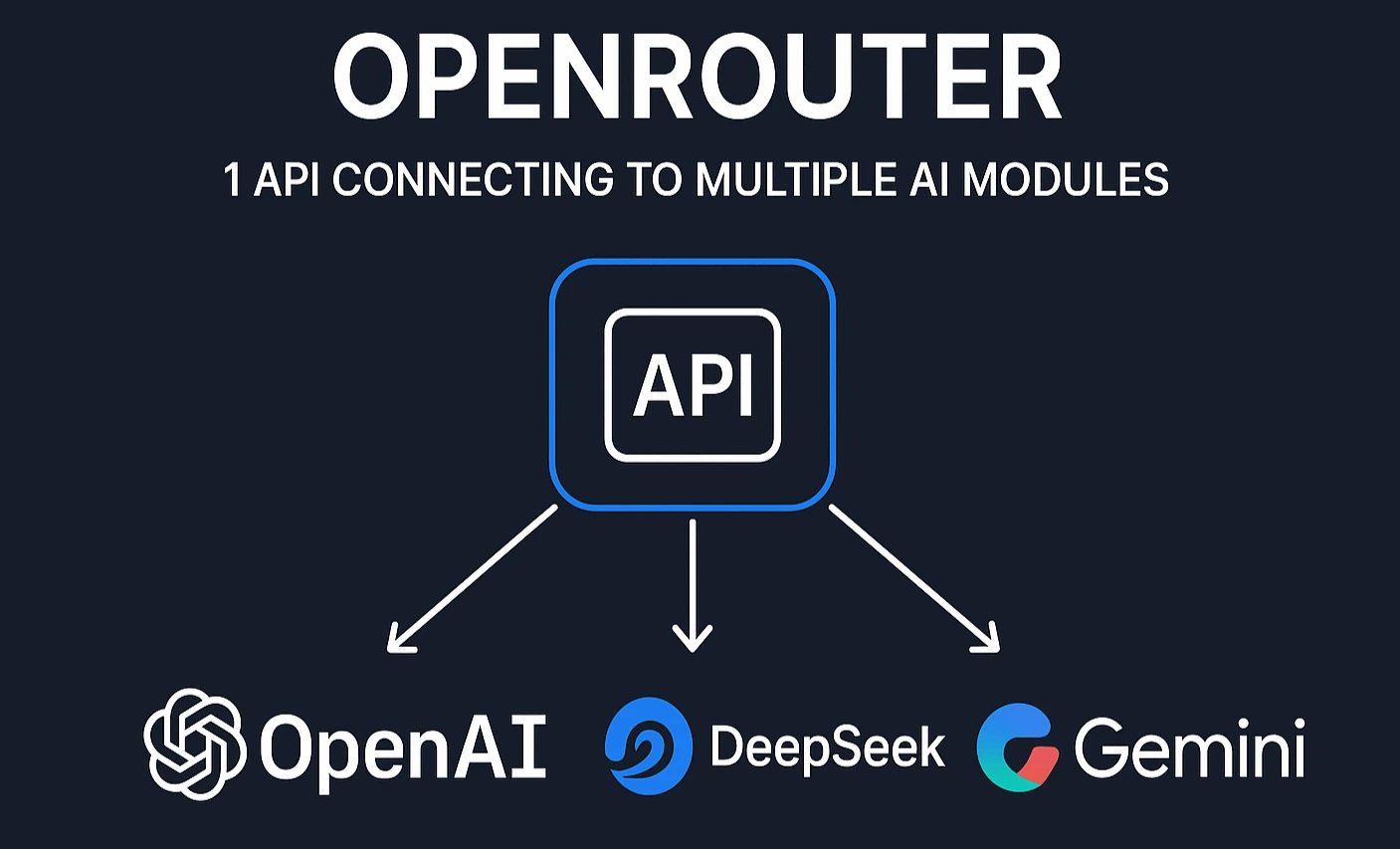Exploring OpenRouter: Your Gateway to Diverse AI Models
In the rapidly evolving landscape of Artificial Intelligence, Large Language Models (LLMs) are becoming increasingly powerful and specialized. However, accessing and experimenting with different models often involves integrating multiple APIs and managing separate accounts. This is where OpenRouter comes in.
What is OpenRouter?
OpenRouter is a platform that acts as a unified gateway to a wide variety of AI models from different providers. It offers a single API endpoint, allowing developers and users to seamlessly switch between models like those from OpenAI (GPT-4, GPT-3.5), Anthropic (Claude), Google (Gemini), Mistral, and many others, including open-source options.
Key Benefits
- Simplified Access: Instead of managing multiple API keys and integrations, you use a single OpenRouter API key.
- Model Variety: Easily experiment with and compare the performance of numerous state-of-the-art and niche models for your specific use case.
- Cost Optimization: OpenRouter provides standardized pricing and allows you to find the most cost-effective model that meets your needs. Some models might be significantly cheaper for certain tasks.
- Performance: Access potentially faster or specialized models that might outperform more general-purpose ones.
- Community & Discovery: Discover new and interesting models as they become available on the platform.
Getting Started
Getting started is straightforward:
- Sign up on the OpenRouter website.
- Obtain your API key.
- Use the provided API documentation to integrate OpenRouter into your application, similar to how you would use the OpenAI API.
OpenRouter is a valuable tool for anyone working with LLMs, streamlining the process of exploration, development, and deployment. Whether you’re building AI-powered applications or just curious about the capabilities of different models, it’s worth checking out.
